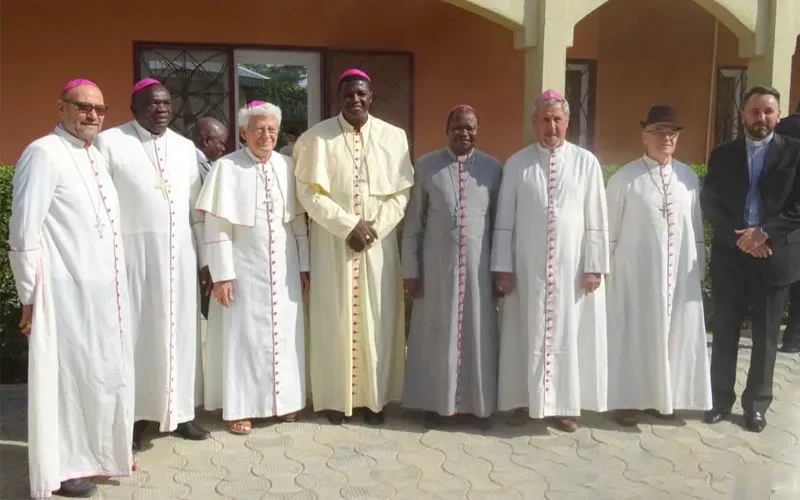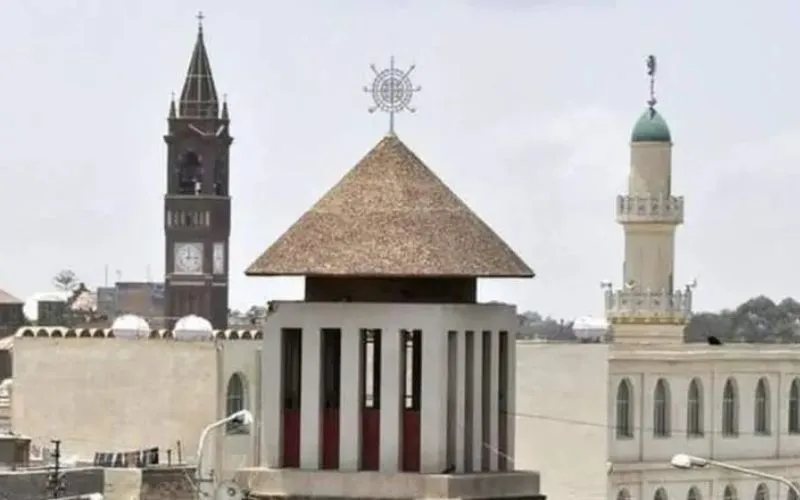They note that “dialogue is based on listening to each other, and the verb to dialogue can be summed up as follows: to come closer, to express oneself, to listen to each other, to look at each other, to get to know each other, to try to understand each other, to look for points of contact.”
“We have the impression that we are witnessing an electoral campaign with, on the one hand, those who support change and a renewal of the political class and, on the other hand, those who block everything and want to continue as before by putting in place a skillfully orchestrated machine,” Catholic Bishops in the crossroads of North and Central African nation say.
DNI, which was originally scheduled for February but was repeatedly postponed, is being held less than two weeks after the Chadian junta and 40 rebel groups signed an agreement in Doha.
In April 2021, President Idriss Déby Itno who had been at the helm of the country since 1990 died after succumbing to injuries from a battle with the Front for Change and Concord in Chad (FACT), a dissident army rebel group in the Northern part of the country.
Following his death, a transitional council of military officers led by Deby's son, Mahamat Idriss Déby Itno, as interim president, started overseeing Chad’s transition period for the next 18 months.
The council has published a charter that defines the role of members expected to be appointed to the national transitional council, a charter that has been rejected by opposition parties in the country.
In their two-page collective statement, Catholic Bishops in Chad say, “This dialogue, which is both political and social, must first and foremost bring together political actors and those of civil society, many of whom are still outside.”
“Together with other religious leaders and some wise men, we took the initiative to offer our services for mediation in order to integrate those who are absent,” CET members say, and add, “But as we move forward, we see that the inclusive and sovereign nature of this dialogue is eroding.”
“As we continue to mediate with those outside, some participants have left the dialogue or are threatening to leave it in protest at the confused manner in which the rules of procedure were adopted and the totally bizarre way in which consensus was reached in the appointment of the presidium,” the Catholic Church leaders explain.
They note that Chadians “have high expectations of this dialogue, because the conclusions should make it possible to re-establish the constitutional order broken with the unexpected death of the President of the Republic.”








